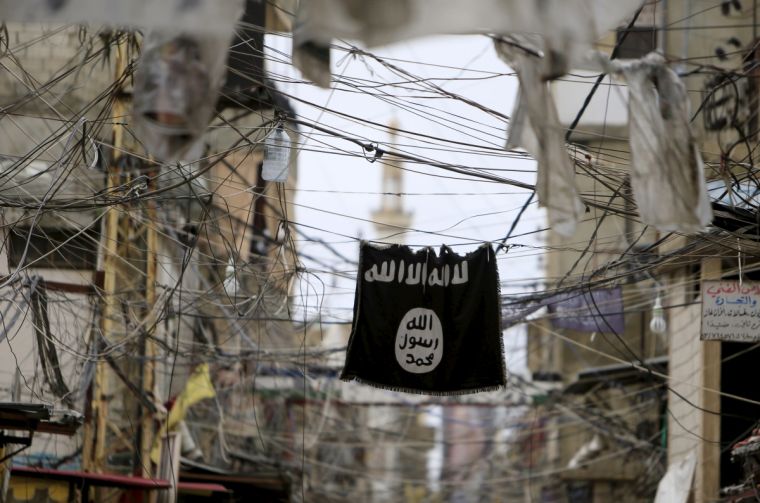3 reasons why believing in God is more difficult in an age of terror

Can Christians really tell the world that believing in God is good news, when so much of the bad news in our world seems to be caused by people claiming to love and serve God?
It's never been easy to share the Christian faith with those that don't believe. From the earliest church onwards there has always been intellectual, social and emotional resistance to the gospel message. But I've noticed that in recent times it is proving more difficult to persuade the average person on the street about the feasibility of believing in God. I'm not alone. In a recent interview with Christian Today, the Archbishop of Canterbury argued that it is harder to make a case for faith in God in an age of terror. "For people who are of no faith, this merely seems to confirm the false idea that all faiths lead to war," he said.
The old apologetic method where we try to provide some philosophical proofs for the existence of God seem less persuasive than they once were. Though I must admit I personally have never found them that valuable in helping someone come to faith in God. Over the past 25 years I have been involved in leading missions on university campuses and speaking at debates. Early on in my work it was not uncommon for people to say that they wanted to believe in God but weren't sure they were good enough for him, or for those without faith to admire the lifestyles of those that did believe. Many would recognise the moral benefit that faith in God brought to society. But in recent days, three challenges have coalesced together to change the conversation entirely.
Jihadi atrocities
Unspeakable crimes have been committed in recent months by Islamist extremists. The new kind of terrorism is not looking to negotiate for the release of friends or even to make a political statement. It does not distinguish between soft and hard targets, between young and old, or between combatants and innocents. It simply looks to kill as many people as publically and brutally as possible. Even during the Second World War Nazi atrocities were committed under a shroud of secrecy, but now horrific crimes are being filmed and broadcast by the terrorists themselves as a form of recruitment and glorification of those that commit them. The public, deliberately shocking and barbaric nature of the atrocities mean that they create maximum psychological impact on all concerned. When people are committing these crimes in the name of religion, this has a hugely detrimental effect on people's ability to believe that God is worth following, believing in or pledging allegiance to.
Atheistic antagonism
Secondly there is the militant atheist attack. Thanks to Richard Dawkins, Daniel Dennett and the now deceased Christopher Hitchins, an atheistic intellectual superiority complex has been popularised selling the myth that religion is the root of all evil. For example Dawkins states: "Many of us saw religion as harmless nonsense. Beliefs might lack all supporting evidence but, we thought, if people needed a crutch for consolation, where's the harm? September 11th changed all that."
Christopher Hitchins, also commenting on the events of 9/11 in his book God is not Great, argues: "The 19 suicide murderers of New York and Washington and Pennsylvania were beyond any doubt the most sincere believers on those planes."
Their arguments and attack may be flawed, but the militant atheist strategy is working – undermining faith even before people have a chance to consider it for themselves. Believing in God is now seen by many to be morally reprehensible, not morally admirable.
Religious illiteracy and political correctness
Because the West has lost a huge amount of its religious literacy it is becoming harder for people to distinguish between different religions and their understanding of God, let alone distinguish between the nuances of different views and traditions upheld within the religions themselves. This, coupled with a strange political correctness that finds it rude to criticise one religion and acceptable to criticise all religions, means that it becomes simpler and more 'right on' to offer a general critique of faith in God than to challenge a specific faith.
As someone who cares about how we as the Church can help Christians to become more confident in their faith, and also to help skeptics and seekers to find answers to the questions that most trouble them, the valid, widespread and urgent questions that arise from our current age of terror need to be addressed.
To get the ball rolling, rather than writing an exhaustive expensive book for experts, I have written a short book for everyone. It is available as a digital download that will work on your computer, your phone, or your e-reader. Check it out and let me know what you think. I'd value your comments.











